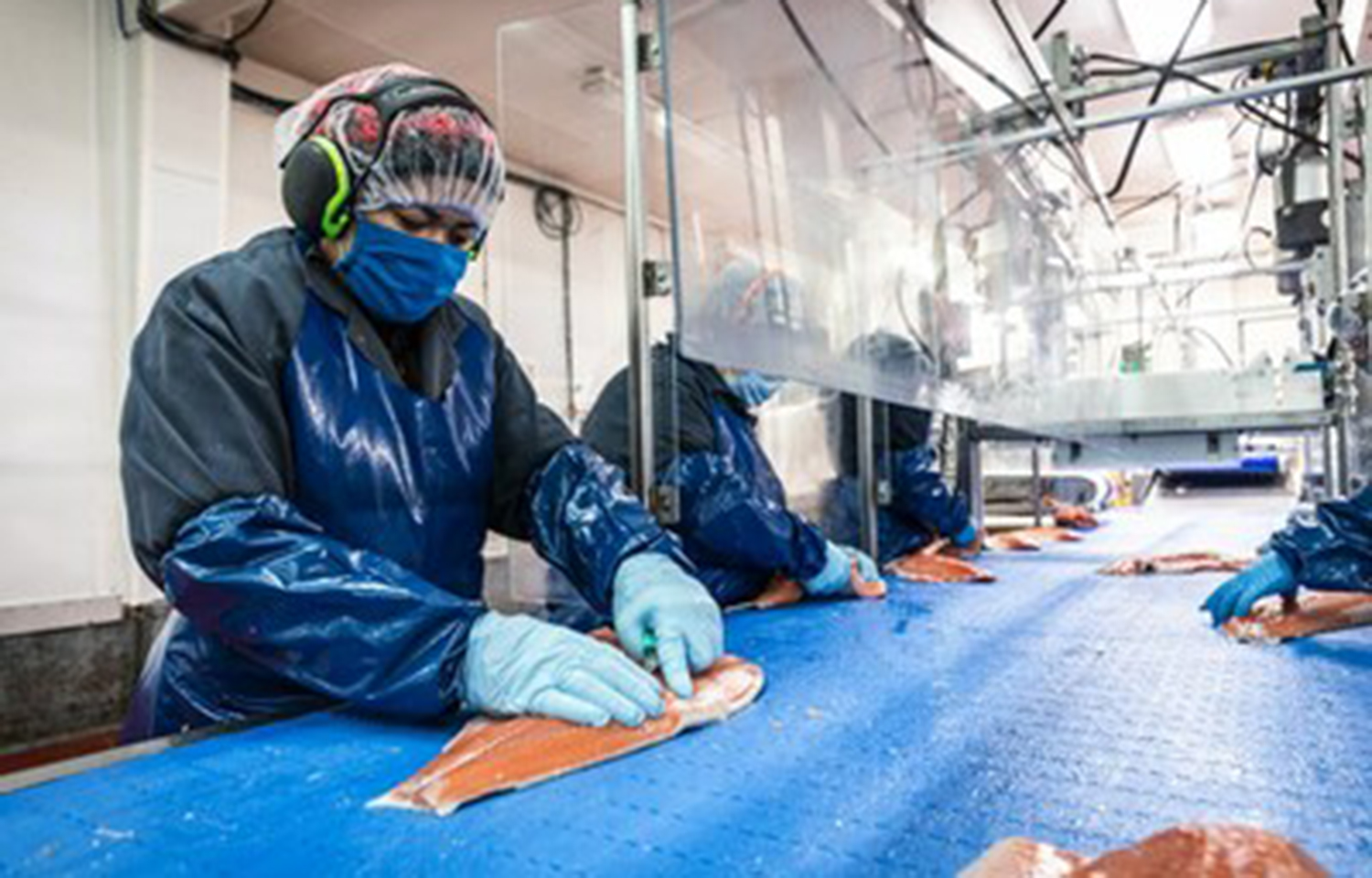SeafoodSource is closely following the sustainable seafood movement by compiling a regular round-up of sector updates about sustainability initiatives and certifications.
- Stirling, Scotland-based Scottish Sea Farms has paused its Aquaculture Stewardship Council (ASC) certification.
The halt in the company's participation of the ASC program is due to changes made to the ASC salmon standard in Scotland that the company said are not in the best interest of its fish.
“In some instances, certification stipulates that we should intervene in fish health when our experienced veterinarians have advised that the salmon are best left alone. In others, we are required to adopt alternative interventions to the ones our fish health professionals have determined to be most appropriate, having weighed up all the key factors,” the company said in a release. “In each case, we have decided in favor of fish health and welfare, presenting a detailed veterinary case for why our fish should be exempted.”
The company said it is aiming to discuss its issues with ASC directly "in the hope of helping shape a more informed, science-based standard that draws on the experiences of those on the front-line of salmon farming."
Scottish Sea Farms, which is owned by SalMar, struggled in 2023. According to Salmar's Q3 2023 results, Scottish Sea Farms had an operating income of NOK 867 million (USD 79 million, EUR 73 million) in Q3 2023, down from NOK 972 million (USD 89 million, EUR 82 million) in Q3 2022. The lower income was coupled with a worse operating EBIT, with the company posting a loss of NOK 121 million (USD 11 million, EUR 10 million). Biological challenges affected Scottish Sea Farms’ harvest size, costs, and price achievements, according to Salmar.
- Russia’s Sea of Okhotsk pollock fishery been recertified to the Marine Stewardship Standard through 2028. According to MSC, the fishery was originally certified in September 2013.
Russia's 2024 pollock fishing season began 1 January. It comes after a complicated year for Russia’s pollock industry, highlighted by higher export volumes and lower export values, according to the Russian Pollock Catchers Association (PCA).
“The key trend in pollock exports this year was the reorientation from fillets to frozen pollock and surimi. In the face of declining demand and prices for fillets in Europe, Russian enterprises were forced to reconfigure production chains,” the PCA said.
- Portsmouth, New Hampshire, U.S.A.-based Global Seafood Alliance's Seafood Processing Standard (SPS) 6.0 s been approved and is ready for pilot testing.
The updated standard aims to improve auditing efficiency and customizable applicability while maintaining the same assurances for farm-raised and wild-capture seafood processors, GSA said.
"SPS is truly distinctive in that it is the only seafood-specific processing plant standard in the world," GSA CEO Wally Stevens said in a release. "Issue 6.0 offers a new customized approach for farm-raised and wild-caught processors that increases audit efficiency and relevancy while maintaining the robust assurances SPS is known for, including unique environmental and social coverage."
SPS covers social accountability, food safety, environmental responsibility, animal welfare, and traceability practices across the seafood sector, as well as aiming to provide greater credibility to fishery improvement projects (FIPs).
- Boston, Massachusetts, U.S.A-based North Coast Seafoods launched its newest product line – dubbed Boat to Bowl Pet Foods – and has made it available at Target locations from 1 January 2024 onward.
Boat to Bowl is made from Marine Stewardship Council (MSC)-certified fish products, and the product line will include a fish-based kibble recipe for cats, as well as omega-3 food topper oil.
"We are thrilled to bring Boat to Bowl Pet Foods to Target guests across the country," North Coast Seafoods Pet Products Director Jon Wooner said. "As a company, exceptional quality and sustainability have always been our guiding light. With the launch of this new line, we are not only offering a wholesome, nutritious, and delicious option for pets but also supporting sustainable fishing practices and the work of the MSC."
The MSC blue fish label is found on the front of all Boat to Bowl packaging to highlight the sustainably sourced nature of the fish used.
“We can’t wait to see this MSC-certified sustainable cat food in stores,” MSC U.S. Program Director Nicole Condon said. “North Coast Seafoods’ dedication to sustainable sourcing is clear with this new product line. The MSC blue fish on the label meets the needs of consumers who want assurances that what they are buying is from a trusted source. Pet owners – and, by extension, their pets – can feel good about their MSC-certified Boat to Bowl cat food knowing they’re supporting a brand that prioritizes sustainable seafood and a healthy ocean.”
Photo courtesy of Global Seafood Alliance







